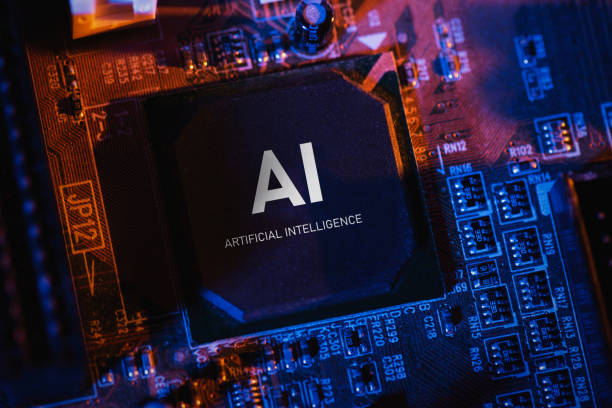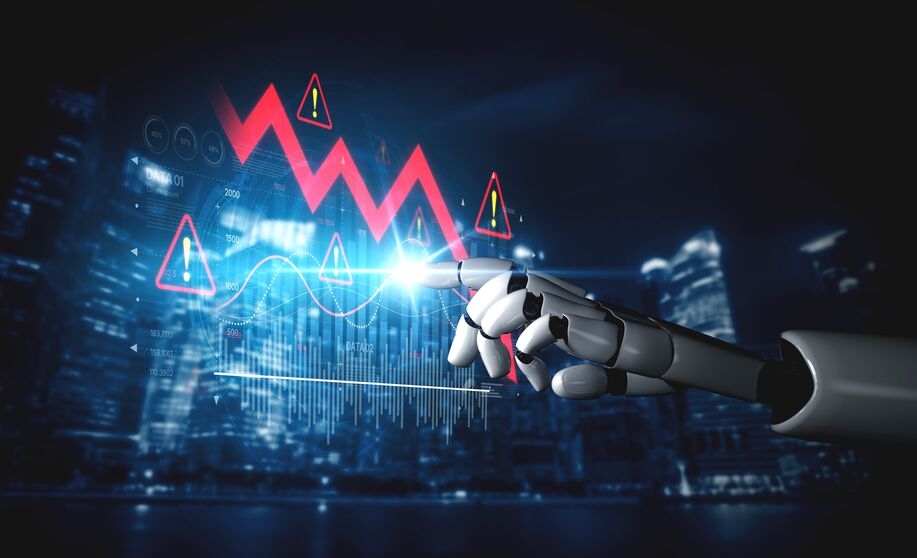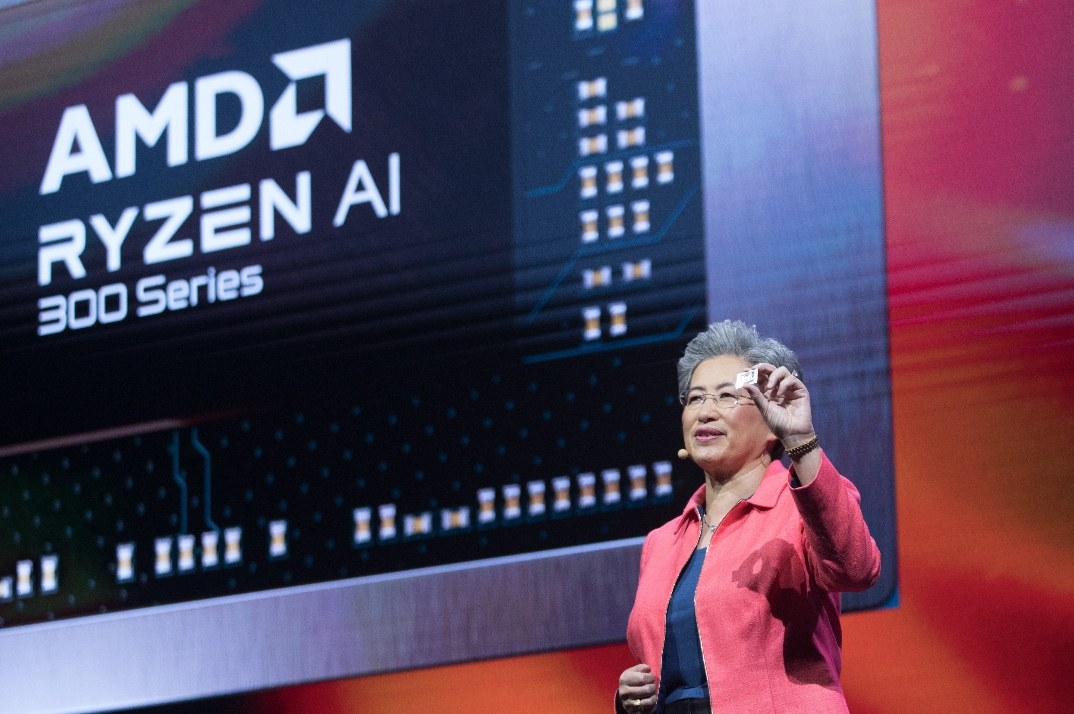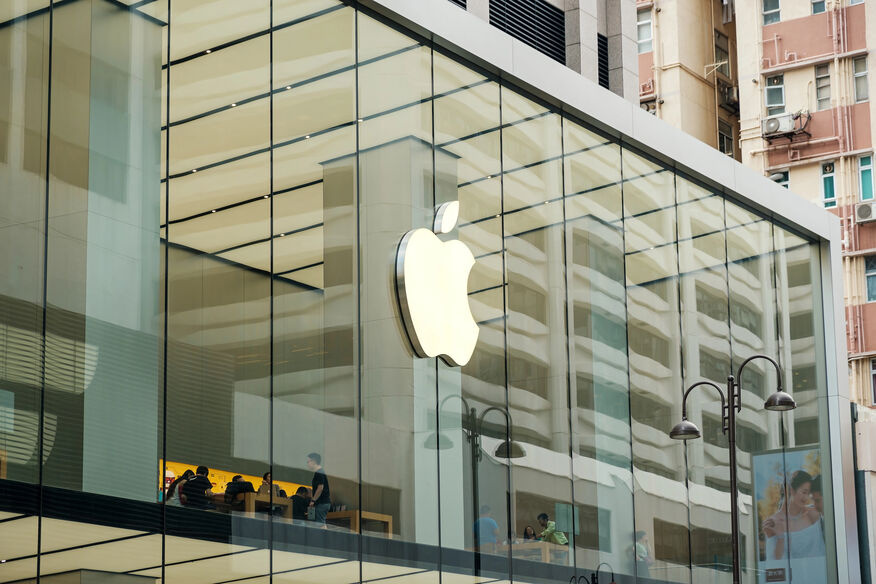EU Launches €200 Billion InvestAI Plan: A New Era for European AI?

TradingKey - The European Commission has announced InvestAI, a €200 billion initiative aimed at accelerating AI development across the EU.
Meanwhile, at the AI Action Summit in Paris, leaders also announced a €20 billion European AI fund to support the creation of AI superfactories, reinforcing Europe’s leadership in AI innovation.
“We want Europe to be one of the leading AI continents, and this means embracing a life where AI is everywhere,” said European Commission President Ursula von der Leyen at the summit.
InvestAI will fund the construction of four AI gigafactories, equipped with around 100,000 advanced AI chips, quadrupling the EU’s existing AI infrastructure capacity. These facilities will focus on training next-generation AI models in key sectors such as healthcare and science, promoting a collaborative and transparent approach to AI research.
The plan builds on the EU’s previous €10 billion investment in AI factories and significantly expands what was already one of the world’s largest public AI funding programs.
The announcement boosted European tech stocks, with the STOXX 600 index reaching a new record high of 547.39 points. SAP, Europe’s largest tech company, rose 17% YTD, while ASML, the Dutch chip equipment maker, gained nearly 8% YTD.
Source: TradingView
Competing with the U.S. and China
The EU’s AI push comes just a month after Washington announced Stargate, an AI joint venture aimed at expanding OpenAI’s data centers in the U.S.. Investors in Stargate include OpenAI, SoftBank, and Oracle, with Arm, Microsoft, and Nvidia as technology partners. The group has initially committed $100 billion, with plans to invest up to $500 billion over the next four years.
Meanwhile, China is also making rapid progress. AI models developed by DeepSeek, a Chinese company, are reportedly rivaling U.S. competitors, despite using less advanced chips. This has raised questions about the sustained demand for Nvidia's high-performance chips in AI development.
Von der Leyen dismissed concerns that the EU is falling behind, insisting the race is “far from being over.”
The Struggles of Europe's AI Company Mistral
Mistral AI was once seen as a potential global leader in artificial intelligence, having found more efficient ways to build and deploy AI systems than its larger competitors.
According to Mistral co-founder Mensch, customers value the company’s AI systems for their ability to be customized, deployed across any type of IT infrastructure, and for offering “stronger data governance than U.S. competitors.”
However, it has fallen behind its U.S. rivals—and now lags emerging stars from China as well. A study by Silicon Valley venture capital firm Menlo Ventures ranked Mistral fifth in the enterprise AI market, with a market share of just 5% last year—less than half of Google’s or Meta’s and far behind OpenAI.
Despite promising AI startups in the UK (Wayve), Germany (DeepL, Black Forest Labs), and France (Poolside), none are currently developing large language models (LLMs). That leaves Mistral as Europe’s only major contender. If it fails, European businesses and consumers may have no local alternatives.
Source: Financial Times
AI Development in Europe Faces Strict Regulations
Europe has long been known for tech regulation rather than innovation, as Brussels has sought to set rules on issues ranging from content moderation to competition.
French President Emmanuel Macron previously warned that excessive regulation could stifle the industry. “We can decide to regulate much faster and much stronger than our major competitors,” he said in 2023. “But we will regulate things that we will no longer produce or invent.”
Last year, EU lawmakers passed the AI Act, imposing strict transparency rules on high-risk AI systems, while lighter regulations apply to general-purpose AI models.
At Paris summit, U.S. Vice President JD Vance cautioned that “excessive regulation of the AI sector could kill a transformative industry.”
Macron supported reducing bureaucracy but stressed that regulations are necessary to build public trust in AI. “We need a trustworthy AI,” he said.
Von der Leyen also pledged to cut red tape, signaling a shift toward a more business-friendly AI policy.






